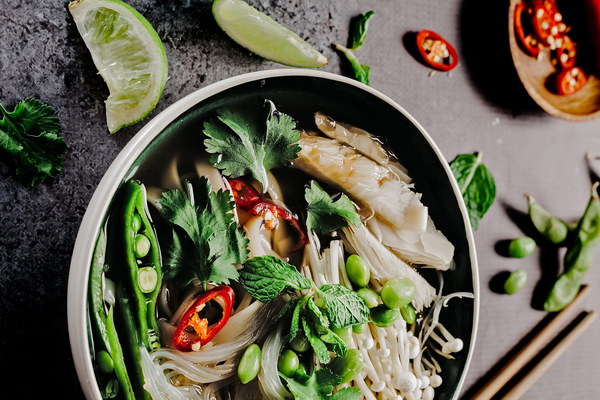Top Chinese Herbs for Treating Dampness in the Spleen and Stomach
Introduction:
In traditional Chinese medicine (TCM), dampness in the spleen and stomach is a common disorder that can lead to various health issues. It is characterized by symptoms such as fatigue, bloating, indigestion, and weight gain. To address this condition, TCM practitioners often recommend certain herbs that have been proven effective in treating dampness in the spleen and stomach. This article will discuss the most effective Chinese herbs for this purpose.
1. Poria (Fuling)
Poria, also known as Fuling, is a well-known herb in TCM for treating dampness in the spleen and stomach. It has a sweet and neutral taste and is considered to be a natural diuretic. Poria helps to drain dampness, relieve bloating, and improve digestion. It is often combined with other herbs to enhance its efficacy.

2. Atractylodes (Baizhu)
Atractylodes, or Baizhu, is another essential herb in TCM for treating dampness in the spleen and stomach. It has a sweet and warm taste and is known for its ability to strengthen the spleen and stomach. Atractylodes helps to transform dampness, relieve abdominal pain, and improve appetite. It is commonly used in combination with other herbs to treat various digestive disorders.
3. Hoelen (Mai Xiang)
Hoelen, or Mai Xiang, is a versatile herb in TCM that is used to treat dampness in the spleen and stomach. It has a sweet and cool taste and is considered to be a natural antifungal. Hoelen helps to drain dampness, relieve fatigue, and improve digestion. It is often combined with other herbs to treat dampness-related skin issues, such as eczema and psoriasis.
4. Alisma (Ze Xie)
Alisma, or Ze Xie, is a potent herb in TCM for treating dampness in the spleen and stomach. It has a bitter and sweet taste and is known for its ability to drain dampness and improve fluid metabolism. Alisma helps to relieve bloating, reduce edema, and promote urination. It is commonly used in conjunction with other herbs to treat dampness-related conditions.
5. Angelica (Dang Gui)
Angelica, or Dang Gui, is a versatile herb in TCM that is used to treat dampness in the spleen and stomach. It has a sweet, bitter, and warm taste and is known for its ability to nourish the blood and invigorate the spleen. Angelica helps to relieve abdominal pain, improve digestion, and reduce bloating. It is often combined with other herbs to treat various female reproductive disorders.
Conclusion:
In traditional Chinese medicine, treating dampness in the spleen and stomach is essential for maintaining overall health. By incorporating the right combination of Chinese herbs, such as Poria, Atractylodes, Hoelen, Alisma, and Angelica, individuals can effectively alleviate symptoms and restore balance to their bodies. It is important to consult with a qualified TCM practitioner before starting any herbal treatment, as they can provide personalized advice and dosage instructions based on individual needs.









